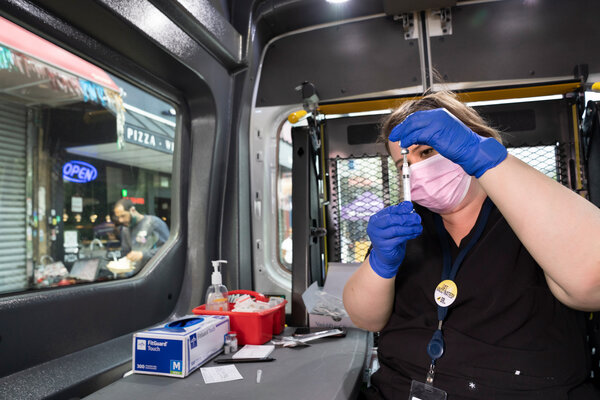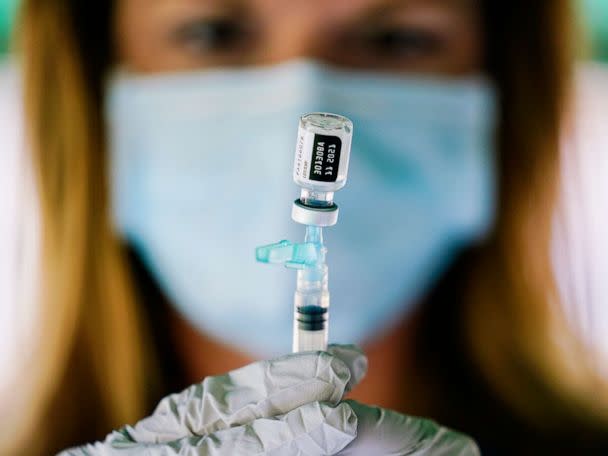MamaBee
Super_Ideal_Rock
- Joined
- Mar 31, 2018
- Messages
- 14,585
That’s great @Gussie! I hope your back feels better…
I’m usually achy all over but I feel great this morning. I also usually have insomnia. I slept like a baby last night. My arm is sore but it didn’t bother me enough to change positions when I was sleeping. I’m hoping for a low grade fever..








300x240.png)